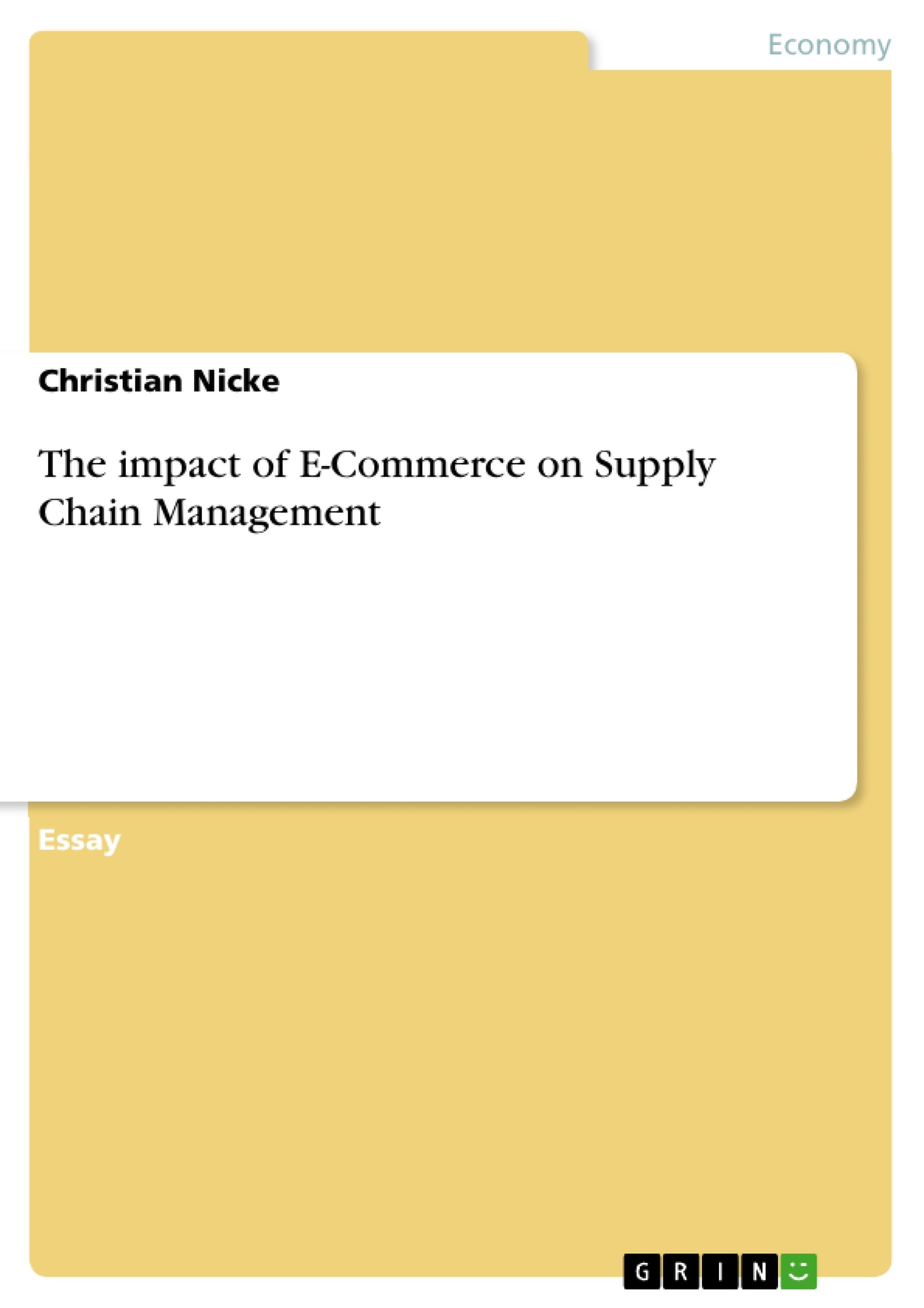No innovation or invention in the last decades had a stronger impact on our daily live than the development of the World Wide Web (www, also called “Internet”). Personal computers appeared in offices at the beginning of the 1980es in greater quantities. However, each workstation could used only for its own or within limited networks (for instance within one division of a company). On the other hand, like so often, U.S. military researcher, the U.S. Defense Advanced Research Projects Agency (DARPA) initiated in 1973 a research program to investigate techniques and technologies for interlinking packet networks of various kinds. The objective of this research programme was to develop communication protocols that are essential for the communication between computers and that should allow transparent communication across multiple, linked packet networks. In 1986, the U.S. National Science Foundation (NSF) initiated the development of the NSFNET which, today, provides a major backbone communication service for the internet. Later, the networks began becoming public and emerged. By the end of 1991, the Internet has grown to include about 5’000 networks in over three dozen countries, serving over 700’000 host computers used by over 4’000’000 people.
But this was only starting the incredible growth of the web community. Growth rates in Internet access and use of more than 150 per cent per year are still possible ( i.e.: in 2003 the growth in using Internet was 123.8% in Hungary and 166.7% in Malta). So it is not a surprise, that in developed Western European countries about 50% of the whole population in surveys mention the use of the web. As the table in the appendix shows, the share of Internet user is going to align nearly the number of landline telephone extensions.
Inhaltsverzeichnis (Table of Contents)
- CHANGING DAily Live: The DEVELOPMENT OF THE “WEB”
- OPERATIONS MANAGEMENT AND ITS COMPETITIVE IMPORTANCE.
- Definitions
- Competitive importance of SCM.......
- What is the “right” supply chain ?
- HOW E-COMMERCE INFLUENCES SCM.
- Overview....
- E-supply chain management as success factor .......
- Implemention of eSCM..........\li>
- Examples for practise.......
- BIBLIOGRAPHY
- APPENDIX: TABLES AND PICTURES..
- Number of Web-user in Europe.........
- Sales and turnover in online-business in Germany.
- Types of supply chains according to the firms function as producer of goods
Zielsetzung und Themenschwerpunkte (Objectives and Key Themes)
This essay aims to explore the impact of e-commerce on supply chain management, focusing on the development of the World Wide Web and its implications for companies and their operations. It examines how e-commerce affects demand, production, and logistics, specifically in the context of B2B transactions.
- The evolution of the World Wide Web and its influence on daily life
- The competitive importance of supply chain management (SCM)
- The impact of e-commerce on supply chain management, including its role as a success factor
- The implementation of e-SCM and its practical implications
- Examples of how companies have successfully implemented e-commerce in their supply chains
Zusammenfassung der Kapitel (Chapter Summaries)
The first chapter, "CHANGING DAily Live: The development of the “Web”," explores the dramatic impact of the internet on our daily lives. It highlights the history of the internet's development, emphasizing its rapid growth and its increasing use in communication, information exchange, and business transactions. The chapter concludes by discussing the significance of online sales and the emergence of B2C, B2B, and C2C business models. The second chapter, "OPERATIONS MANAGEMENT AND ITS COMPETITIVE IMPORTANCE," defines the core concepts of operations management (OM), supply chain, and supply chain management (SCM). It emphasizes the importance of SCM as an integral part of OM and the evolution of the term. The chapter concludes with a discussion of the crucial role of logistics in SCM.
Schlüsselwörter (Keywords)
The essay focuses on the key terms and concepts related to e-commerce and supply chain management. These include: e-commerce, B2B, B2C, C2C, Operations Management (OM), Supply Chain, Supply Chain Management (SCM), and logistics. The essay also explores the impact of the World Wide Web on daily life and its influence on business models and strategies.
Frequently Asked Questions
How has E-Commerce changed Supply Chain Management (SCM)?
E-Commerce has accelerated the flow of information, allowing companies to respond faster to demand and integrate their production and logistics more closely.
What is the historical origin of the Internet?
The Internet began with the DARPA research program in 1973 and later the NSFNET in 1986, originally developed for military and scientific communication.
Why is SCM crucial for competitive advantage?
Effective SCM reduces operational costs, improves delivery speed, and ensures the "right" supply chain is in place to meet specific market functions.
What is the difference between B2B and B2C in E-Commerce?
B2B (Business-to-Business) focuses on transactions between companies, often involving complex supply chains, while B2C (Business-to-Consumer) involves direct sales to the public.
What is an "e-supply chain"?
An e-supply chain uses internet-based technologies to manage and coordinate all activities from raw material procurement to final product delivery.
How fast did the internet grow in the early 2000s?
Growth rates in internet access often exceeded 150% per year in some countries, leading to about 50% of the population in Western Europe using the web by 2003.
- Quote paper
- Dipl.-Betriebswirt (FH) Christian Nicke (Author), 2006, The impact of E-Commerce on Supply Chain Management, Munich, GRIN Verlag, https://www.grin.com/document/80393



